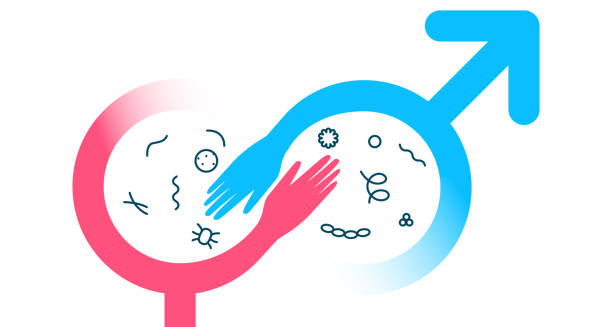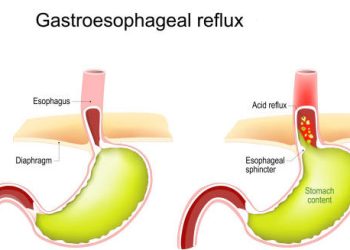Causes of Genital Warts
The causes of genital warts are rooted in infection with the human papillomavirus (HPV), a family of viruses that affects the skin and mucous membranes. Genital warts are specifically caused by low-risk strains of HPV — most commonly types 6 and 11, which account for around 90% of all genital wart cases. These strains are not linked to cancer, but they are highly contagious and easily spread through sexual activity.
Understanding the origin, risk factors, and mode of transmission of genital warts is key to prevention, early detection, and effective communication between sexual partners.
Human Papillomavirus (HPV): An Overview
HPV is the most common sexually transmitted infection in the world. There are over 100 different types of HPV, and about 40 of these affect the genital area. They are divided into:
Low-risk HPV types – cause warts but are not linked to cancer
High-risk HPV types – can lead to cell changes and potentially cause cancer of the cervix, anus, penis, vulva, or throat
The body’s immune system can often clear HPV infections naturally within 6 to 24 months, but the virus may lie dormant in the skin for years without causing symptoms. This silent behaviour makes HPV hard to trace and easy to transmit unknowingly.
How Genital Warts Are Transmitted
Genital warts are spread through direct skin-to-skin contact, primarily during:
Vaginal or anal intercourse
Oral sex
Genital-to-genital rubbing (without penetration)
Sharing sex toys, particularly if not cleaned properly between uses
HPV is not spread by:
Toilet seats
Swimming pools
Casual contact like hugging or holding hands
Sharing towels or cutlery
Transmission can occur even when a person has no visible warts, due to asymptomatic viral shedding — a process where the virus is active on the skin’s surface despite the absence of symptoms.
Risk Factors
Some people are more likely to contract genital warts than others. Factors that increase your risk include:
1. Sexual Behaviour
Having multiple sexual partners
Not using barrier protection
Starting sexual activity at a younger age
Having a partner with a known HPV infection or warts
2. Weakened Immune System
People living with HIV or taking immunosuppressive medications are more vulnerable
A weakened immune system is less effective at clearing the HPV virus, increasing the risk of both warts and recurrence
3. Smoking
Tobacco use reduces the effectiveness of immune responses and may contribute to prolonged HPV infections
4. Stress and Poor Health
Chronic stress, poor sleep, and poor nutrition can all impair immune function, making it harder for the body to suppress or eliminate HPV
Dormancy and Latency
A major complication in tracing the causes of genital warts is that the virus can remain latent for months or years. Someone may have contracted HPV from a previous partner and only develop symptoms much later. This delayed appearance makes it difficult to determine who passed it on or when the infection occurred, which can lead to misplaced blame or confusion in relationships.
It’s important to remember that HPV is so common that most sexually active people will come into contact with it at some point, often without ever knowing.
HPV and Cancer Risk
While genital warts themselves are caused by low-risk HPV strains and do not cause cancer, having HPV indicates exposure to the virus family. High-risk HPV types can lead to:
Cervical cancer
Anal cancer
Throat (oropharyngeal) cancer
Penile and vulvar cancer
This is why regular Pap smears (for cervical screening) and HPV testing are crucial for sexually active individuals, especially women.
HPV Vaccination
One of the most effective ways to prevent the causes of genital warts is through vaccination. Vaccines like Gardasil and Cervarix protect against the most common wart-causing and cancer-causing strains of HPV.
The vaccine is most effective when given before becoming sexually active, ideally between ages 9 and 14
However, it is still beneficial for adolescents and young adults up to age 26
Some countries now offer vaccination to boys as well as girls, recognising that HPV affects people of all genders
Vaccination can dramatically reduce the incidence of genital warts and related cancers, making it a cornerstone of modern STI prevention.
Causes of Genital Warts
Understanding the causes of genital warts helps to de-stigmatise the condition and promote proactive sexual health choices. With proper education, testing, and vaccination, individuals can reduce their risk and protect their partners.


